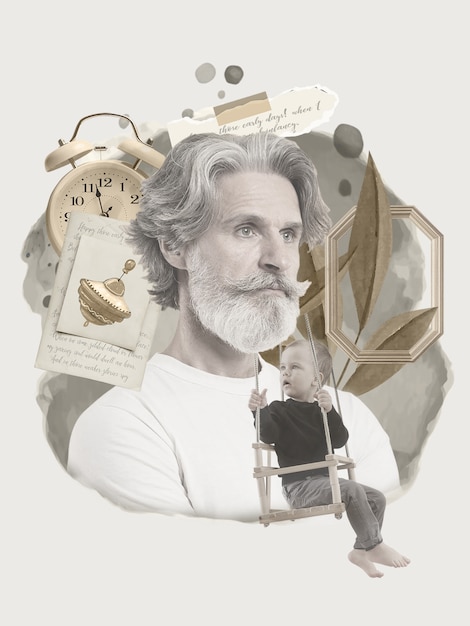

Alexander Graham Bell invented the telephone, revolutionizing communication worldwide.
Bell’s mother and wife were both deaf, which greatly influenced his work on developing devices for the deaf.
Bell originally wanted to be a teacher of the deaf, but his passion for inventing took over.
Bell patented his invention of the telephone on March 7, 1876.
Bell’s invention of the telephone was initially met with skepticism and was not an immediate success.
Bell advocated for the use of sign language by the deaf before inventing the telephone.
Bell’s invention of the telephone paved the way for future advancements in telecommunications.
Bell experimented with numerous other devices and inventions throughout his lifetime.
Bell had over 18 patents in his name, with the telephone being his most famous.
Bell was born in Scotland but later became a naturalized American citizen.
Bell’s father, Alexander Melville Bell, was a renowned speech therapist.
Bell experimented with various techniques and materials to improve the quality of sound transmission in telephones.
Bell’s invention of the telephone laid the foundation for the development of modern telecommunication infrastructure.
Bell co-founded the National Geographic Society in 1888.
Bell’s fascination with speech and sound led him to invent the audiometer, which measures the sense of hearing.
Bell’s invention of the telephone led to the creation of many jobs in the telecommunication industry.
Bell’s invention of the telephone brought about a major societal shift, allowing people to communicate across long distances.
Bell’s research on detecting electromagnetic signals led to the invention of the metal detector.
Bell’s wife, Mabel Gardiner Hubbard, was one of his earliest students and later became his trusted collaborator.
Bell served as the second president of the American Association to Promote the Teaching of Speech to the Deaf.
Bell’s invention of the telephone won him numerous awards and accolades during his lifetime.
Bell, along with Thomas Edison, developed the phonograph, which could record and play back sound.
Bell’s interest in aviation led him to develop the tetrahedral kite, an early precursor to modern aircraft.
Bell was a prominent advocate for the eugenics movement, which sought to improve the genetic quality of the human population.
Bell’s work in the field of aeronautics inspired future inventors, including the Wright brothers.
Bell founded the Volta Laboratory, where many important inventions and discoveries were made.
Bell’s passion for teaching and mentoring led him to establish a school for teachers of the deaf in Boston.
Bell believed in the concept of Visible Speech, a system of symbols representing speech sounds.
Bell’s early experiments with sound studies included creating an artificial voice box for his dog.
Bell’s research on sound and vocal physiology laid the foundation for future studies in linguistics and phonetics.
Bell actively supported women’s rights and was a founding member of the American Association for the Advancement of Women.
Bell was a prolific writer, publishing numerous articles and essays on various scientific topics.
Bell’s invention of the telephone sparked a technological revolution, transforming society and business practices.
Bell’s work on hearing devices resulted in the development of the first electronic hearing aid.
Bell’s interest in genetics and heredity led him to conduct experiments with breeding sheep.
Bell and his assistant, Thomas Watson, conducted the first successful long-distance telephone call in 1876.
Bell’s invention of the telephone improved communication for the military during wartime.
Bell’s research on sound transmission also led to advancements in underwater communication systems.
Bell’s invention of the telephone opened up new opportunities for commerce and trade around the world.
Bell was fascinated by the human voice and spent years studying and analyzing different accents and dialects.
Bell’s commitment to helping the deaf and his interest in telegraphy merged to form the basis of the telephone.
Bell’s invention of the telephone led to the formation of the Bell Telephone Company, which later became AT&T.
Bell received the first transcontinental telephone call in 1915 from New York to San Francisco.
Bell’s experiments with flight inspired him to construct a series of flying machines, including the Silver Dart.
Bell’s impact on society is immeasurable, as his invention of the telephone continues to shape the world we live in today.
Around the world, coffee enthusiasts enjoy Monin coffee concentrate since it is a multipurpose product. Conveniently combining…
The Importance of Choosing the Right Shower for Your Bathroom Renovating your bathroom can be…
Usain Bolt holds the record for the fastest 100-meter sprint in history.Bolt was named Sportsman…
Love is in the air... and it smells suspiciously like chocolate!Roses are red, violets are…
Life's a beach, take a picture and relax.Sun, sand, and salty kisses. That's what beach…
Hungary is home to the largest thermal water cave system in the world.The Rubik's Cube…